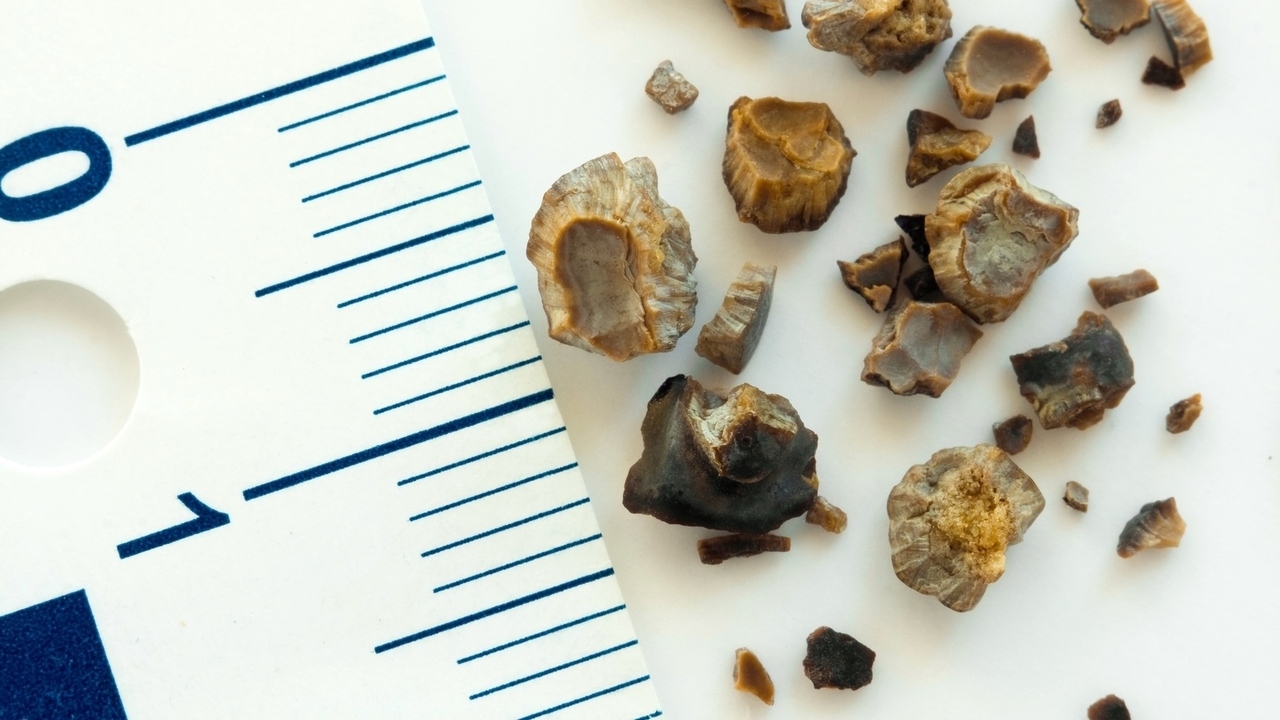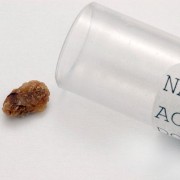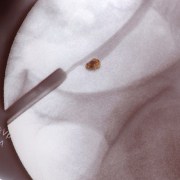Causes
Approximately 50% of kidney stones are due to unknown causes. Some of the known causes include:
- Chemotherapy (ie, uric acid stone)
- Too much oxalate in urine (hyperoxaluria)
- Too little magnesium in urine (hypomagnesemia)
- Too much calcium in the urine (hypercalciuria)
- Too much calcium in the blood (hypercalcemia)
- Too little citrate in the urine (hypocitraturia)
- Tiny bacteria around which a stone can form
- Too much uric acid in the urine (hyperuricuria, gout )
- Bacteria that produce enzymes that increase the amount of ammonia and struvite in the urine
- Inherited abnormality in the way the body handles cystine
- Certain medications (such as indinavir )
- Retention of urine
Risk Factors
These factors increase your chance of developing kidney stones. Tell your doctor if you have any of these risk factors:
- Race: White
- Sex: male
- Age: 20 to 50 years old
- Geographical location (residents of the Southeast United States have an increased risk)
- Family members who have had kidney stones or gout
- Previous kidney stones
- Taking calcium supplements or vitamin C in excessive doses
- Pregnancy
- Low birth weight babies who get intravenous feedings
- Fasting
- Other medical conditions, including:
- Immobility, paralysis , being bedridden
- Medications, including some AIDS medications, chemotherapy drugs, diuretics , antacids
- Previous intestinal bypass surgery
- Reduced fluid intake or increased fluid loss in hot weather ( dehydration )
- Urinary tract obstruction or failure to empty the bladder
- Foreign material in the urinary tract (eg, catheter)
Please be aware that this information is provided to supplement the care provided by your physician. It is neither intended nor implied to be a substitute for professional medical advice. CALL YOUR HEALTHCARE PROVIDER IMMEDIATELY IF YOU THINK YOU MAY HAVE A MEDICAL EMERGENCY. Always seek the advice of your physician or other qualified health provider prior to starting any new treatment or with any questions you may have regarding a medical condition. Copyright © 2024 EBSCO Publishing All rights reserved.
 What Are Kidney Stones? How Do You Get Rid of Them?
What Are Kidney Stones? How Do You Get Rid of Them?








